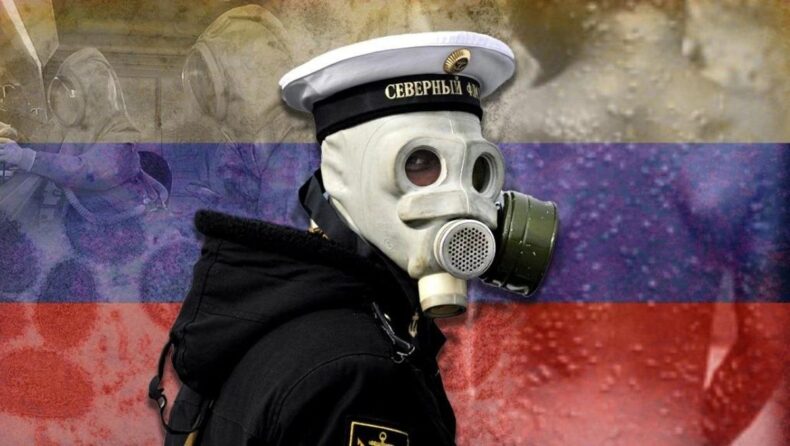A former Soviet scientist has claimed that Russia considered using monkey-pox as a bioweapon until at least the 1990s.
Kanat Alibekov, the Soviet Union’s bioweapons expert, made the claims Kant Alibekov, who was the Soviet Union’s bioweapons expert until its fall in 1991. Later, he moved to the United States.
In 1998 the American Chemical and Biological Weapons Nonproliferation Project (CBWNP) interviewed Alibekov, who claimed that the Soviet country had a program to utilize bioweapons (monkey-pox as a bioweapon).
“So, we developed a special program to determine what ‘model’ viruses could be used instead of human smallpox. We tested vaccinia virus, mousepox virus, rabbitpox virus, and monkey-pox virus as models for smallpox.”
“The idea was that all research and development work would be conducted using these model viruses. Then, once we obtained positive results, it would take two weeks to conduct the same manipulations with the smallpox virus and stockpile the warfare agent”.
The same year, he was brought before a United States Congress hearing, where he said he was “convinced that Russia’s biological weapons program has not been completely dismantled”.
Monkeypox was first identified in the 1950s when two outbreaks occurred in colonies of monkeys used for research purposes, with the first human case reported in 1970 in the Democratic Republic of the Congo.
The illness is often likened to a milder form of smallpox, a disease that has been eradicated globally through widespread vaccination against the smallpox virus.
Read More – Why monkeypox cases are spreading in Europe and the US













